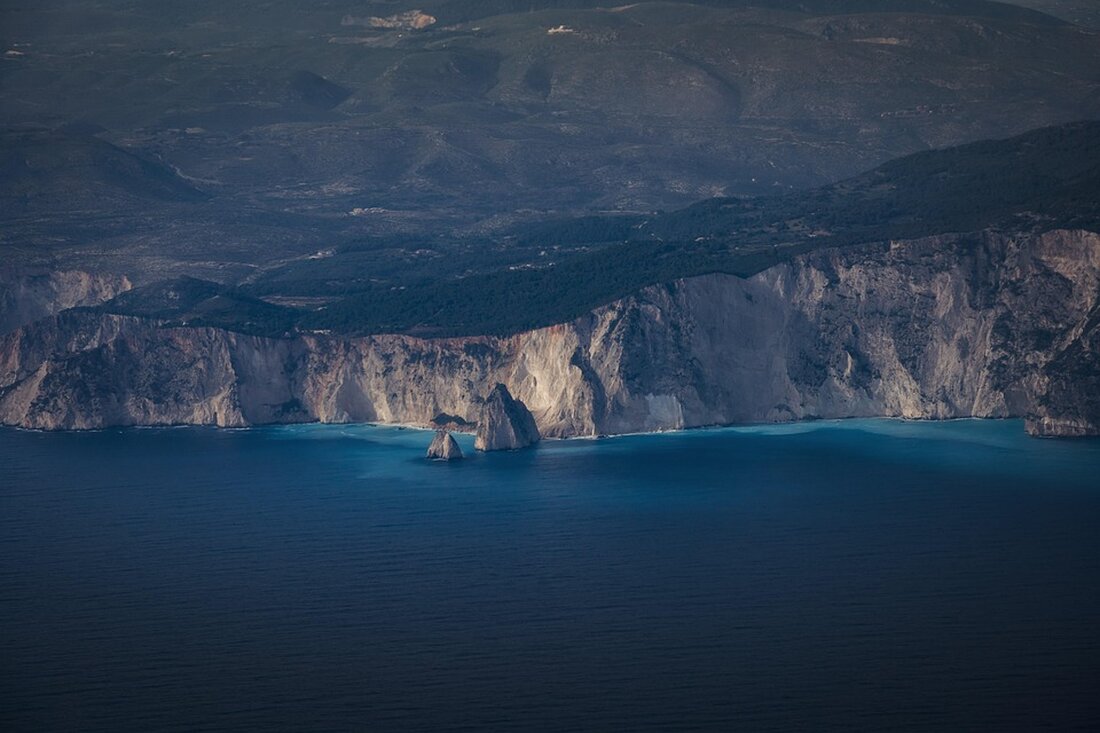Greece introduces new arrival fee for cruise tourists!
Greece will introduce an arrival fee for cruise passengers from July 2025 to control mass tourism and strengthen local economies.

Greece introduces new arrival fee for cruise tourists!
Greece, one of the most popular destinations for cruise tourists, is introducing a new arrival fee for cruise passengers from July 1st. This amounts to five euros per person for each shore leave at a Greek port. On the well-known Cyclades islands of Mykonos and Santorini, tourists even have to pay 20 euros; in the low season the amount is reduced to three euros and 12 euros respectively. The reason for this measure is the increasing burden of mass tourism, which primarily affects small coastal towns, islands and historic cities in the Mediterranean. Almost 3.8 million Germans took a cruise in 2024, compared to just 890,000 in 2004, leading to overcrowding and trash in affected regions. In 2022, a total of 1.86 million cruise travelers from around the world arrived in Greece, with local voices increasingly louder pointing out that these tourists contribute little to the local economy as most only stay briefly and eat on board.
The Greek government is also planning stricter rules for cruises as overcrowding and environmental problems increase. Mayor Nikos Zorzos of Santorini has presented alarming data on rising water consumption figures: water consumption has doubled from 2012 to 2019, with a further increase of 18 percent in the last three years and even 22 percent within one year. According to Zorzos, the local desalination capacities, which were originally designed to last for 15 years, are only sufficient for five years. Additionally, excessive development is causing irreparable damage to the islands' unique landscape.
Governments and companies responded to the challenges
Prime Minister Kyriakos Mitsotakis has already announced that cruises could be limited in the future. Possible measures include limiting berths or tendering procedures for ships. This is particularly relevant as cruises generated revenue of €847 million in 2023, more than double the previous year. However, the challenge remains to accurately determine revenue per island, as many ships dock in Piraeus and on several islands.
The strain of cruise tourism is particularly felt on the popular islands of Santorini, Mykonos and Corfu. Despite the economic potential these tourists bring, many travelers often stay overnight aboard their ships and do not eat at local restaurants during their stay. This significantly reduces the economic benefit for the islands. Prime Minister Mitsotakis also warns that overcrowding by cruise tourists could deter other visitors.
The voices from the cruise industry are divided. Chris Theophilides, CEO of Celestyal, supports the Greek government's plans and suggests an improved berth reservation system. In contrast, Josh Weinstein, CEO of Carnival, describes the planned restrictions as “unfortunately self-evident”. The Cruise Ship Trade Association (CLIA) also plans to extend the cruise season and revamp existing berths to meet tourism challenges.
The new regulations and developments could significantly change the future of cruise tourism in Greece for both travelers and locals. While the tourism industry aims to continue to make a significant contribution to the local economy, at the same time the needs of the local population and the environment must be taken into account in order to promote sustainable development.
For more information about the new fees and their impact on Greek tourism, please read reports from Watson and daily news.

 Suche
Suche
 Mein Konto
Mein Konto